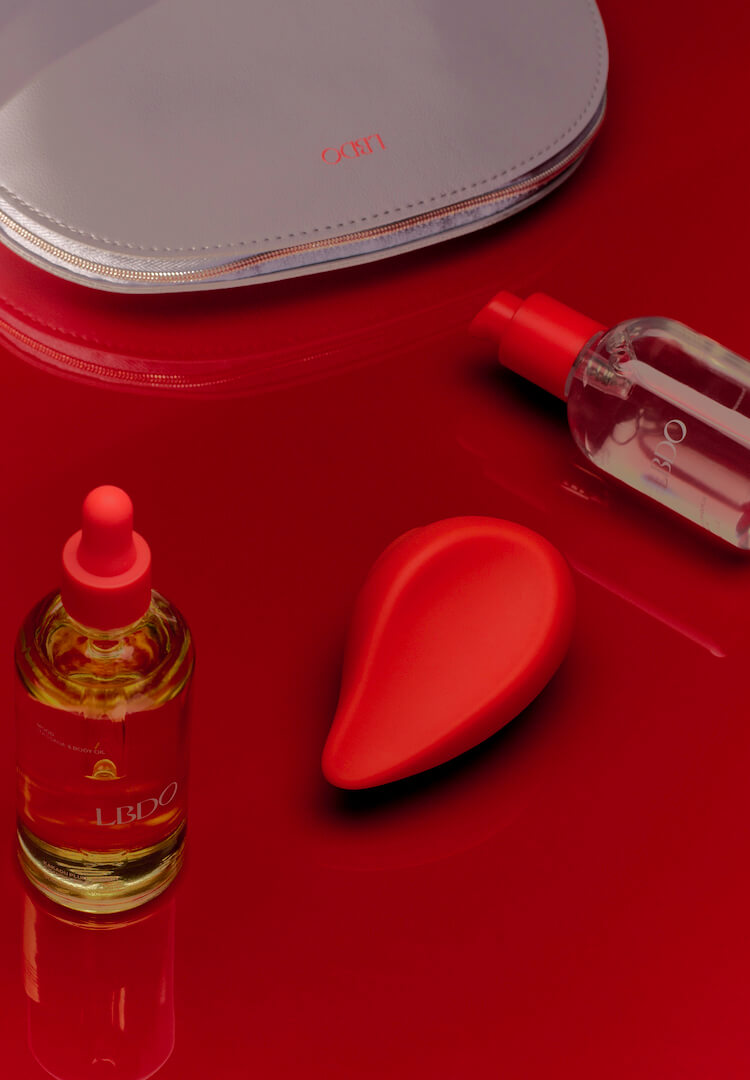What is ‘goal-oriented sex’ and is it ruining your sex life?
WORDS BY SARAH FUSEA
“I thought everyone was on the same page – the goal of sex is to get your partner off, right?”
Content warning: Sexual assault.
When I was in school, sex as a tool for pleasure wasn’t taught or discussed. We relied on the much more reputable sources of porn, the media and good old-fashioned gossip.
I’ll forever remember the moment a classmate asked our Year 11 health teacher if ‘blue balls’ was a real thing – they wanted to know whether it was true that if a guy was aroused and didn’t finish, the pressure could cut off the circulation to his testicles. Our teacher said that the next time sometime tried to tell her that, she should run.
For more sex advice, head to our Life section.
Looking back on this with the education and hindsight I have today, I view this story with mixed emotions. I feel lucky that I went to a school where students felt comfortable enough to ask questions like this and that I had teachers whose tongues weren’t bound by the ropes of religion or silenced by sentiments of celibacy. While I am grateful, it also reminds me how much the education system has failed to teach past generations about sex and sexuality.
If we were lucky, we were given the basics: periods, STDs, pregnancy and childbirth. Our education was not focused on pleasure and consent but on consequences. No matter how good our teachers were, they could only do so much to make up for the lack of time, money, education and priority sex education was given. So, when I first heard about the concept of goal-oriented sex and how it’s contributing to the orgasm gap, ever the studious nerd, I was determined to learn more. I thought everyone was on the same page – the goal of sex is to get your partner off, right?
What is goal-oriented sex?
When I consulted Dr Nikki Glavas, a clinical psychologist at Naarm-based sexual health and intimacy practice, Ships Psychology, she spoke of goal-oriented sex as being focused on “sexuality as opposed to sensuality”. It’s when there’s a focus on sex as a series of acts or performances, stages which you and your partner/s may move through. This often involves kissing, foreplay, oral sex and penetrative sex with the goal of one or both of you achieving orgasm.
Even the language used when talking about sex – ‘achieving orgasm’ – works to undermine the other acts of pleasure and connection that sex may involve, as though orgasm is the ultimate sign of a successful sexual interaction. The way society and the media we consume see orgasms as the ‘natural’ and ‘expected’ conclusion to sex has led to many people, particularly women, faking orgasms.
Think of the sex scenes you’ve witnessed over the years; how many of them were focused on mutual pleasure, with no expectation of orgasm? Is it really any wonder, then, that most of the sex we have is centred around the goal of orgasm?
The orgasm gap
You may have already heard of the orgasm gap. It’s a topic that’s been gaining attention in recent years, featuring in everything from Ted Talks to interviews with reality TV stars. It refers to the different rates at which orgasms are experienced, primarily in cisgender, heterosexual partnerships. This rate varies across generations, with boomers having the most significant orgasm gap and Gen Z having the smallest.
The fact that the gap increases with age suggest that education and stigma likely contribute. Over time, sexual education and access to resources like the internet have increased. Simultaneously, the stigma surrounding women’s pleasure and sexuality has decreased, with women’s sex lives and sex toys becoming more openly discussed in media and society.
Advice from a sexologist
So, what now? We know the orgasm gap exists and we know that goal-oriented sex contributes to it, so how do we focus on the sensual over the sexual? “One of the things I like to recommend to people is called sensate focus,” says Nikki.
“It’s an intimate practice that draws from ideas of mindfulness. Sometimes during sex, there can be a level of being stuck in your head. You’re thinking about performance: ‘How do I look? Do they like this?’. The idea of being embodied is that we’re not in our heads, we can feel present and grounded so that we can access sensation more. It might look like prolonging foreplay,” she explains.
“[That could mean] spending as little as five or ten minutes purely focusing on the other person’s sensations, then swapping over. We want our anxiety level to be low, we want to feel grounded and relaxed in the person’s company, to feel connected with them and not stuck in our heads. That’s going to give you the best chance of feeling pleasure and sensation.”
Now what?
The release of the 2022 Australian budget has seen $65.3 million over four years committed to consent and respectful relationship education. Hopefully, this means future generations will be provided with the resources necessary to understand sex and pleasure in a more nuanced way.
Combined with an increase in realistic representations of sex in the media and on-screen, we can begin to move away from the goal-focused model of sex. And on a personal level, actively choosing to remove the pressure and expectation of orgasming from your sexual experiences and focusing instead on consent, intimacy, communication and being in the moment with your partner/s will create a more enjoyable (and likely pleasurable) interaction.
For more on goal-oriented sex, try this.













